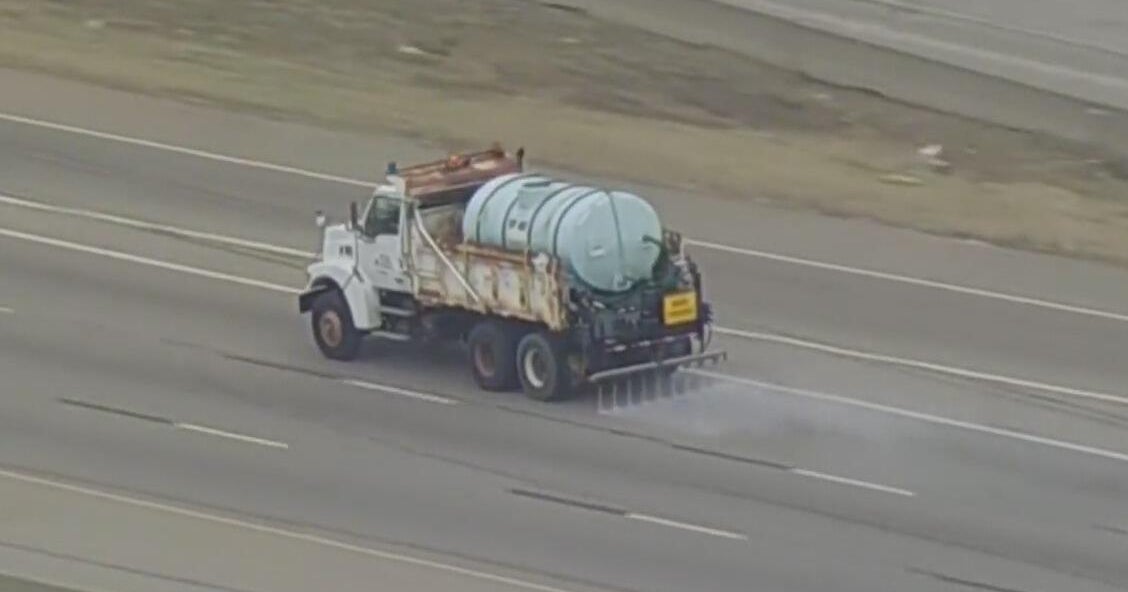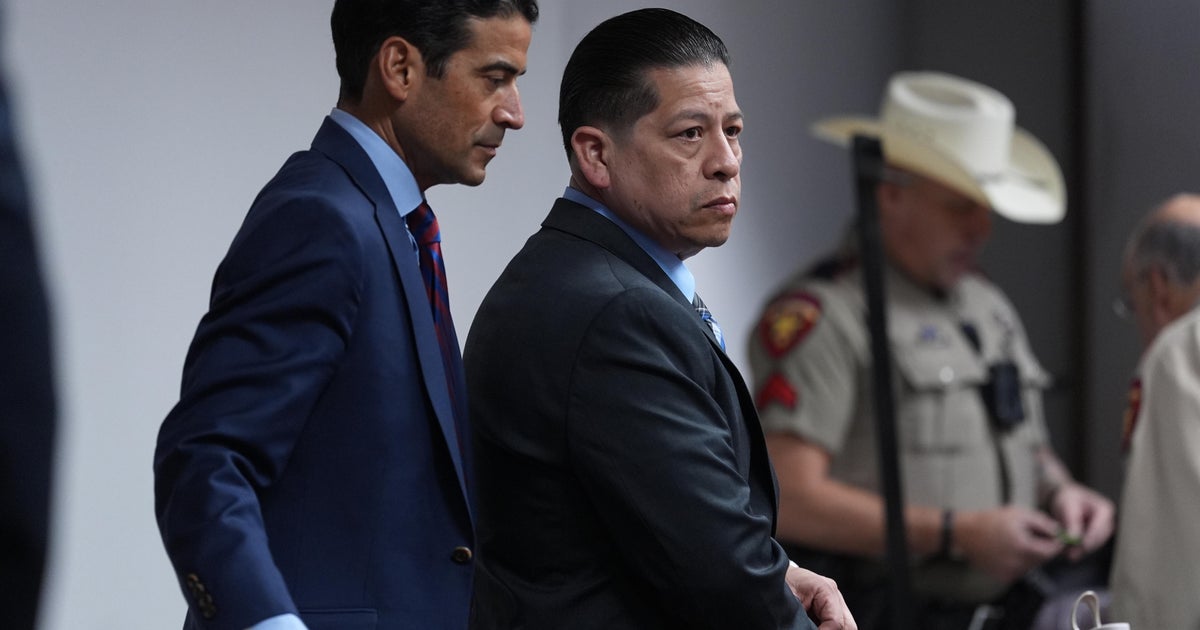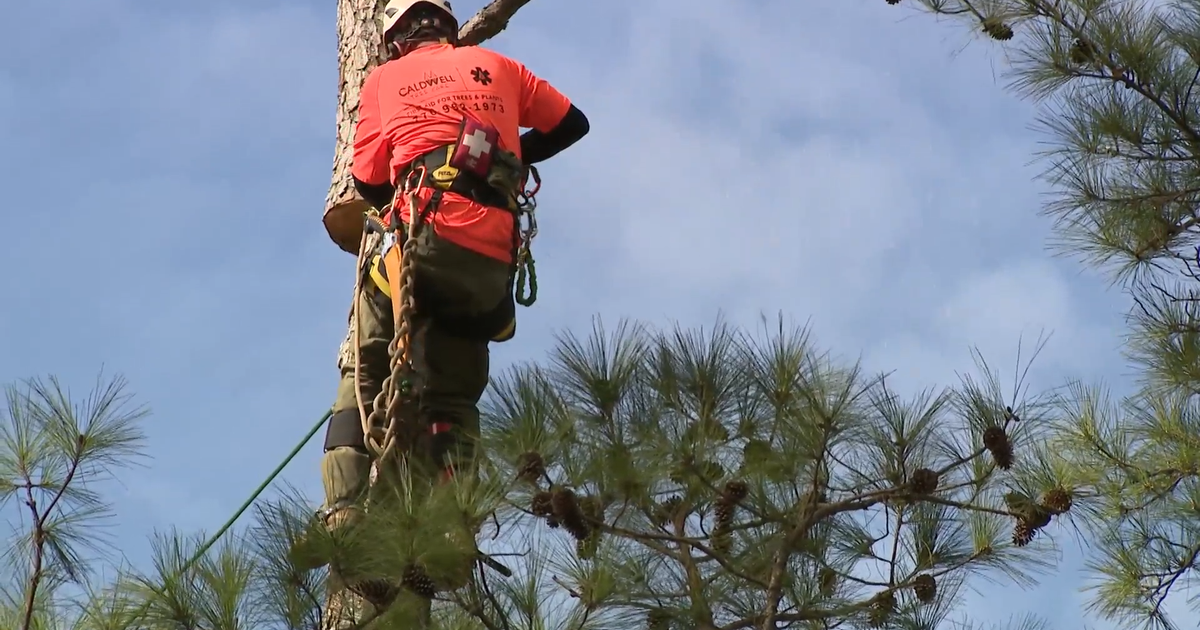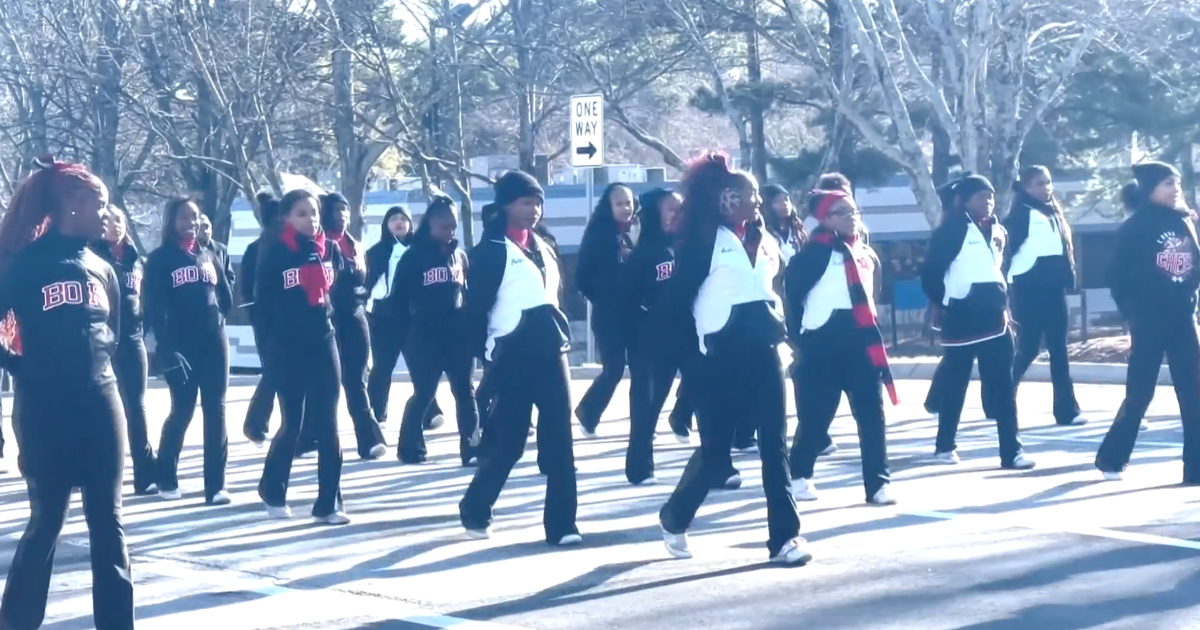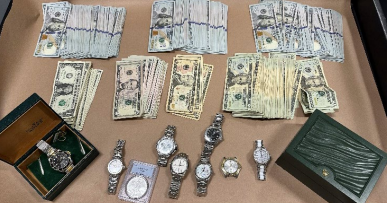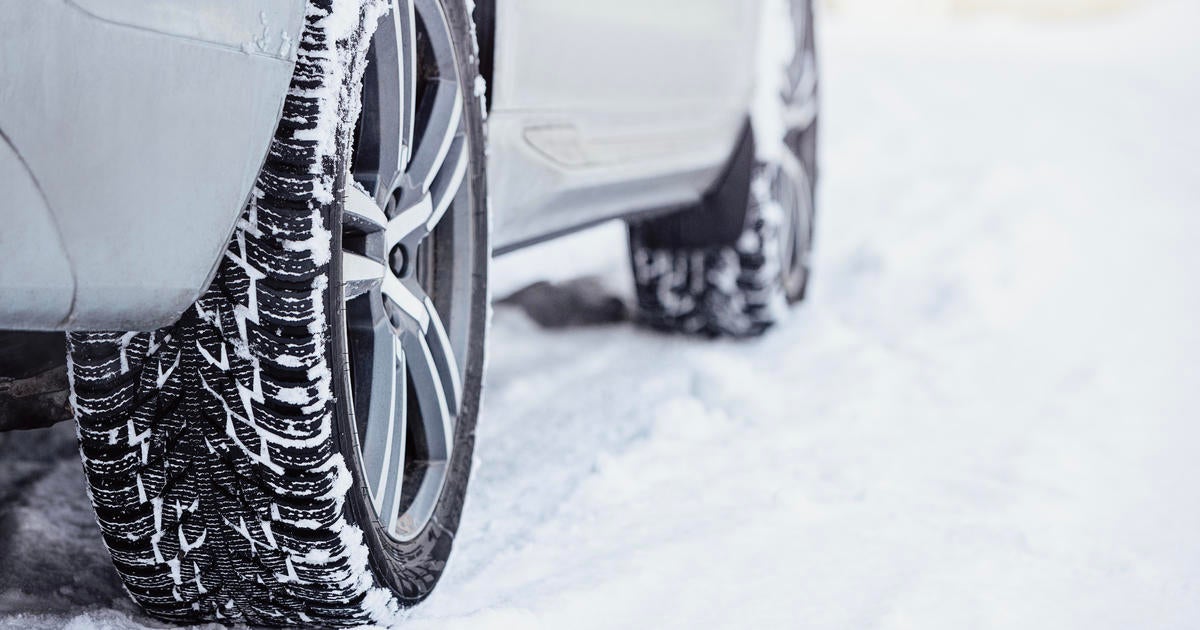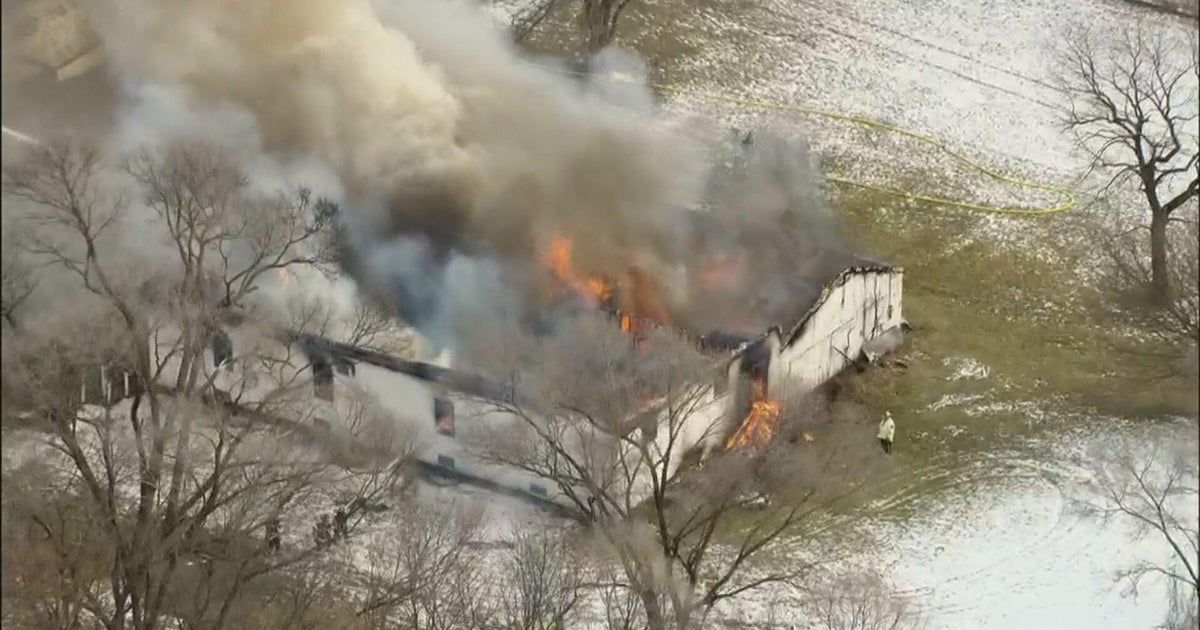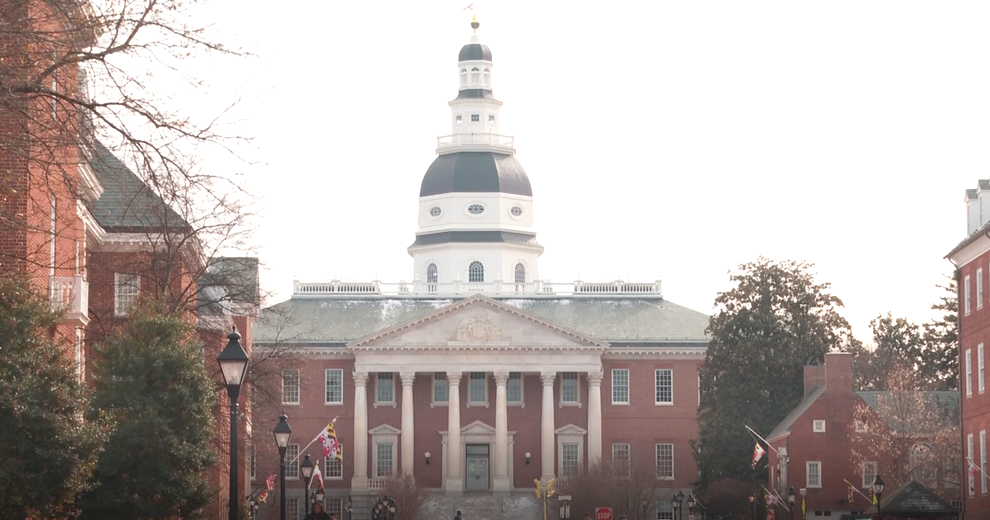Heroes of Vietnam's medical missions: Dustoff crews honored with Congressional Medal
"Occasionally we hear of those first responders running toward the danger. Dustoff crews did it every day, over and over again," said Major General Patrick Brady.
Recently, a group of Vietnam War veterans were finally recognized for their heroic efforts, and that includes a helicopter pilot from Benbrook, Texas.
The long-time veteran helicopter pilot's personal story helps define the story of the more than 3,000 crew members who put their lives on the line every single mission, so that others may live.
Doug Petersen landed as a Huey pilot in Vietnam in 1969.
But what he didn't expect, was that he would never take a single shot at the enemy.
"'Mr. Petersen, you'll be going to the Dustoff unit," Petersen said he was told. "I said, 'No, wait a minute, I'm a gunship guy.' And they go, 'No, no no, you're a Dustoff guy.'"
Dustoff: That was the nickname given to pilots and crew members on medical helicopters. The men and the machines that in the Vietnam War, pioneered an entirely new and swift way to evacuate the wounded, directly from the battlefield.
"Our only mission was to get the wounded out of the jungles and fields of Vietnam," said Petersen, "and get them to a medical facility for treatment."
Dustoff crews became the invaluable link between life and death for our troops, civilians, and even at times the enemy.
Petersen's call sign was Dustoff 34.
One mission, among his 1,000 combat hours, stands out.
Five feet above the treetops, Petersen hovered his Huey to hoist a wounded American soldier out.
"While we were still hovering around trying to pinpoint where he was, I flew directly over the VC, and he just took his AK47, at least the way I envisioned it, and just emptied it into the helicopter," Petersen said.
In seconds, Dustoff 34 went from rescuing wounded to having to save his own crew.
"The entire instrument panel is starting to light up with warning lights," said Petersen. "The oil pressure is going down, the hydraulic fluid is leaking. We took 25 bullets in a matter of 10 seconds, maybe."
Petersen found a clearing, saved his crew, and, luckily, saw friendly forces surrounding his Huey.
But it's what happened next, that perhaps best defines the roughly 3,400 Dustoff crewmembers who served in Vietnam.
"After we were picked up and were taken back to our home base, I got another helicopter and crew, and we went back to get that guy," Petersen said.
He still needed to be picked up and taken to a hospital.
Mission complete.
No man left behind.
In the course of the Vietnam War, Dustoffs rescued an estimated 900,000 sick and wounded.
Over five decades later, it's a sobering reality of what that number likely means today.
"Let me bring just one of those guys home. Let me just bring one U.S. soldier home as part of that 900,000," said Petersen. "He got to have a family, who got to have a family, who had a family.
The 3,000 didn't just impact 900,000. It impacted millions, internationally.
The Congressional Gold Medal is America's highest civilian honor. To honor every Dustoff crew member, the U.S. Mint will strike just one gold medallion, which will be displayed at Fort Sam Houston in San Antonio.
